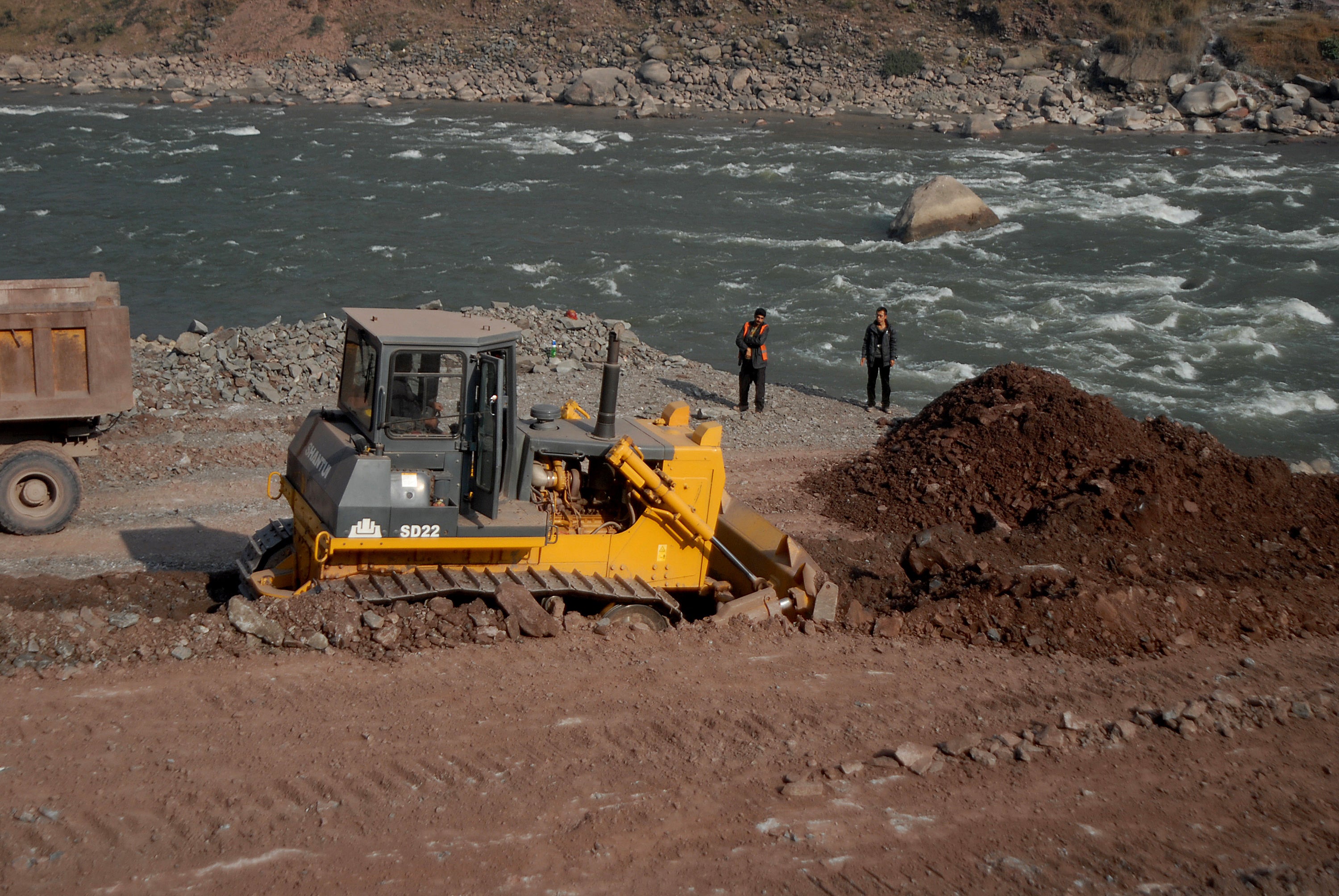Chinese engineer arrested in Pakistan for ‘insulting Allah’
China halted work on Dasu hydropower project after terrorist attack on workers

Your support helps us to tell the story
From reproductive rights to climate change to Big Tech, The Independent is on the ground when the story is developing. Whether it's investigating the financials of Elon Musk's pro-Trump PAC or producing our latest documentary, 'The A Word', which shines a light on the American women fighting for reproductive rights, we know how important it is to parse out the facts from the messaging.
At such a critical moment in US history, we need reporters on the ground. Your donation allows us to keep sending journalists to speak to both sides of the story.
The Independent is trusted by Americans across the entire political spectrum. And unlike many other quality news outlets, we choose not to lock Americans out of our reporting and analysis with paywalls. We believe quality journalism should be available to everyone, paid for by those who can afford it.
Your support makes all the difference.A Chinese engineer working in northern Pakistan was arrested on charges of making a blasphemous remark.
The engineer of China’s Gezhouba Group Company, who was working at the Dasu hydropower project in Kohistan District, Khyber Pakhtunkhwa, sparked anger from Pakistani labourers and subsequently a mob of hundreds of people gathered on the highway connecting Pakistan to China.
The project he was working on was part of Beijing’s ambitious Belt and Road Initiative.
The incident threatened to trigger a retaliation from China which had briefly halted work at the Dasu Hydropower Project after 10 Chinese workers were killed in a terrorist attack on a bus on 14 July 2021.
The Chinese worker, who has not been identified, made alleged blasphemous remarks after an altercation with the Pakistani labourers over the slow pace of work during Ramadan, an official told the South China Morning Post on Monday.
He was detained “to avert a serious situation”, a member of the local citizen-police liaison committee said on the condition of anonymity.
Pakistani labourers who were working on the site alleged that the Chinese national made a remark “insulting Allah”. They gathered outside the camp of Chinese workers on Sunday with the intention of attacking the engineer, sources said.
Hundreds of villagers from nearby villages gathered to block the Karakoram Highway after the news spread.
The police and paramilitary soldiers had to restrain the mob using force to ensure they do not reach the Chinese nationals working on the dam and protesters were dispersed after about four hours and assurance of legal action against the engineer.
The local religious leaders are expected to hold a meeting on a Monday to decide whether to register a complaint on charges of blasphemy with the police or not.
In Pakistan, an insult to prophet Muhammad or Islam carries a potential death sentence. The laws have also been used to persecute and target minority faiths and sections in the Muslim-majority country.
The issue remains sensitive in Pakistan and have led to incidents of mob lynching of those accused of blasphemy in the past. Thousands of Islamist protesters brought the country to a standstill after Asia Bibi, a Pakistani Christian woman who spent eight years on the death row after being accused of blasphemy, was acquitted in 2019.
A Sri Lankan factory manager facing blasphemy claims was beaten to death and set ablaze by a mob in Sialkot city in December 2021.
The Dasu hydropower project was resumed in January 2022 after it halted following the deadly bombing of the bus carrying Chinese workers. The project is part of the China-Pakistan Economic Corridor (CPEC), a $65bn connectivity project to connect China’s northwestern Xinjiang province to the port of Gwadar in Pakistan’s Balochistan province.
CPEC is part of wide China’s Belt and Road Initiative (BRI), a “21st century silk road”, launched in 2013 to connect at least 150 countries spanning Asia, Africa and Europe.



Join our commenting forum
Join thought-provoking conversations, follow other Independent readers and see their replies
Comments